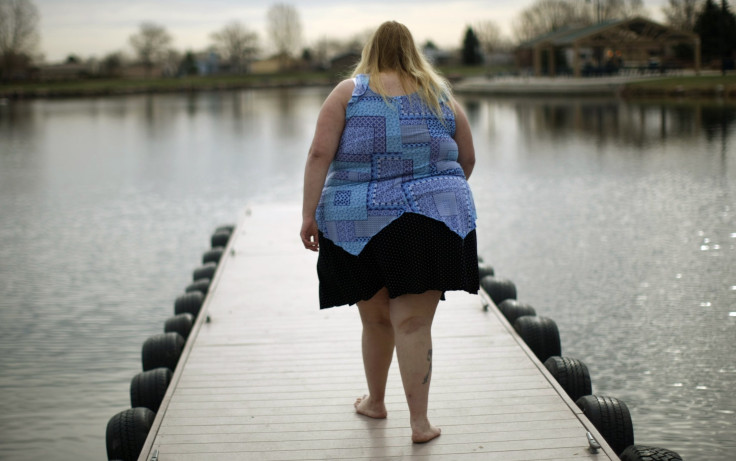Obesity Increases Women's Cancer Risk By 40 Percent

Obesity is a health condition that has got lots of people worsen their well being and risked their lives. Cancer Research UK further affirms the bad effects of obesity by reporting that the risk of cancer is 40 percent higher in obese women than in thinner women.
According to the British study, one in four obese women is highly to develop weight-related cancer in their lifetime. The most common cancers associated with women with high weight include cancers of the esophagus, gallbladder, pancreas, kidneys, bowel and uterus. Postmenopausal breast cancers are also associated with this study. Statistical data show that weight-related cancers will occur in 274 in 1,000 obese British women, whilst only 194 in 1,000 health women are at risk.
Obesity is associated with an increased cancer risk in women due to a number of reasons. One of the most common risk factors linked to obesity and cancer in women is the increased production of estrogen. Fat cells produce the hormone estrogen, which is strongly linked to hasten cancer development.
Dr Julie Sharp, head of health information at Cancer Research UK, however, said in a news release, "Lifestyle changes -- like not smoking, keeping a healthy weight, eating a healthy diet and cutting back on alcohol -- are the big opportunities for us all to personally reduce our cancer risk.” With this, she implies that things can be done, and that it is possible to lower the risk.
She notes, however, that while these lifestyle changes can decrease the risks, it doesn’t necessarily guarantee a cancer-free life. Nonetheless, she encourages obese women to start losing weight by initiating little changes everyday. Simple lifestyle modifications, e.g. cutting down on fatty food and getting off one bus stop earlier, are easy to maintain for most women and can do wonders in the long run. Women don’t have to make big changes, such as going to gym or joining marathons, as these may be hard to carry through.
Sharp further suggests, "Losing weight takes time, so gradually build on these to achieve a healthier lifestyle that you can maintain. And find out about local services, which can provide help and support to make lifestyle changes over the long term." She closes by saying that cancer risk is influenced by several factors, including genes and environment, which are sometimes totally out of our control.
To contact the writer, email rinadoctor00@gmail.com.





















